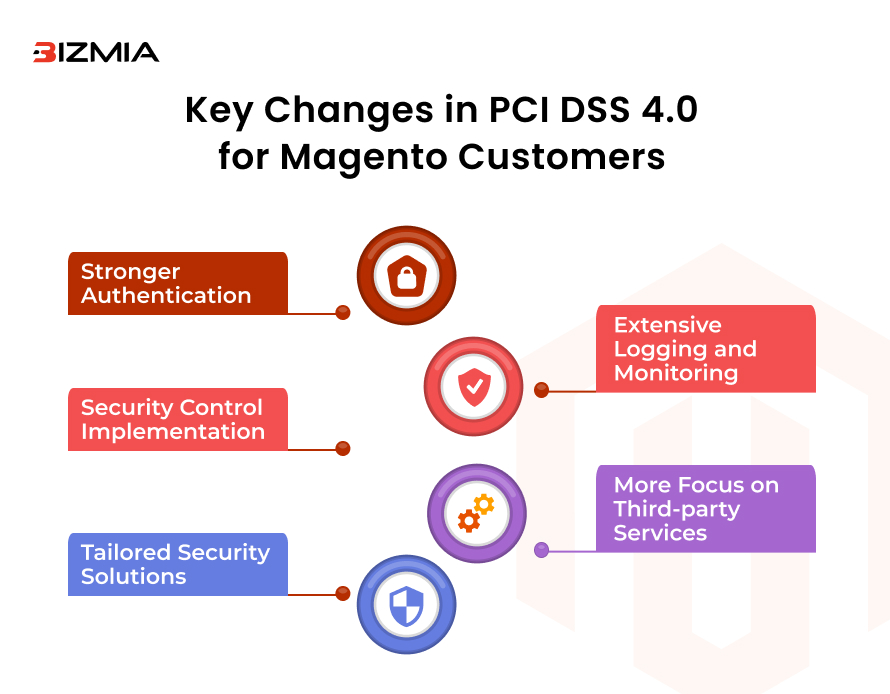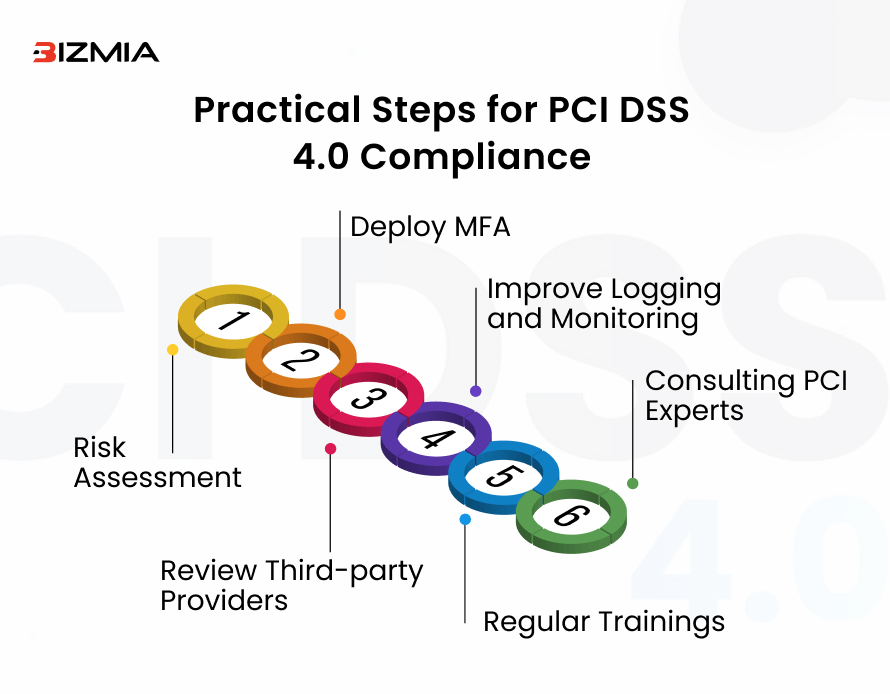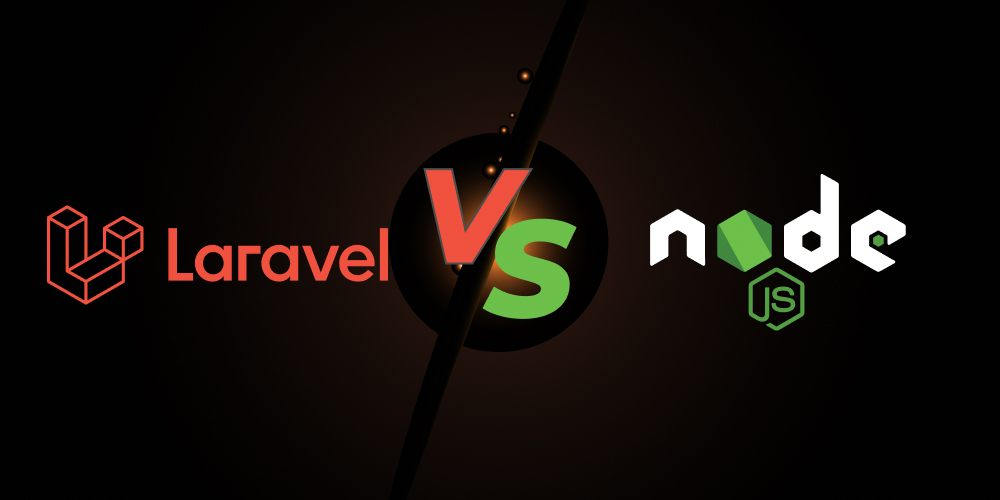With the advancements in the tech world, the standards of payment data security have also advanced. That’s why it’s crucial for Magento store owners to stay updated and compliant with standards, particularly in the case of Payment Card Industry Data Security Standard (PCI DSS 4.0). In this detailed guide, we will understand what PCI DSS 4.0 is, what are its key objectives, what crucial changes Magento customers need to know, and at the end some practical steps to ensure PCI DSS 4.0 compliance.
Understanding PCI DSS 4.0
Some top credit card companies like MasterCard, Visa, and American Express have designed a set of security standards known as PCI DSS ensuring secure handling of payment card information. So that, sensitive data of card holder can be protected from fraudsters, hackers, or any other malicious entities.
Moreover, if organizations and Magento customers fail to comply with these standards then they would be facing penalties, fines, and loss of client trust.
Important Objectives of PCI DSS 4.0
Some important objectives behind creating PCI DSS 4.0 include:
Safeguarding Cardholder Data: One of the key objectives is the protection of the sensitive data of cardholders.
Secure Systems Maintenance: Ensuring and maintaining secure applications, networks, and infrastructure for protection against data breaches.
Continuous Monitoring and Accountability: Maintenance of comprehensive logging systems and monitoring to pinpoint and fix all sorts of security issues.
Uninterrupted Risk Management: Adopting a practical and proactive approach to data protection and cyber security.
To fulfill these objectives in a true sense Magento stores can consult a Magento web development agency.
Key Changes in PCI DSS 4.0 for Magento Customers
A variety of changes are introduced for Magento users in data security standards through PCI including strong authentication, scalable and tailored security control, extensive logging and monitoring, and third-party integrations.

1. Stronger Authentication Requirements
For users accessing cardholder data or payment systems through PCI data standards, more stringent authentication requirements are introduced. Privileged accounts require multi-factor authentication (MFA) for administrative success.
Also, in new security guidelines, password management requirements are also updated. It’s the responsibility of retailers to make sure that every user with sensitive data access must follow data standards.
2. More Scalable Security Control Implementation
With PCI DSS 4.0, Magento store owners can customize security controls according to their brand requirements, ensuring Magento security best practices. Moreover, it is possible to meet PCI DSS 4.0 requirements or encryption by using alternative methods, however, these alternatives must be effective just like the original approach.
3.Risk based Approach for Tailored Security Solutions
Another key change which is introduced by the payment card industry 4.0 standards is their risk-based approach assisting businesses to handle security risks. Moreover, rather than adopting a one-size-fits-all approach, PCI data standards allow retailers to design security measures according to their risk profile and specific environment.
If you require Magento customization services for your brand
4. Extensive Logging and Monitoring Requirements
To log in and monitor user activity regarding cardholder data PCI needs stronger requirements. Moreover, it is necessary to monitor and log access to sensitive data and regular reviews of data to detect unauthorized and suspicious activity.
Magento store owners can do detailed logs, create security monitoring tools, and quick detection of potential breaches ensuring the best Magento security practices.
5. More Focus on Third-party Services
For hosting, payment processing, and other services many Magento stores rely on third-party vendors. In the case of PCI DSS 4.0, there is more focus on Magento PCI compliance of third-party service providers with the same security standards. That’s why as a Magento brand owner you should make sure that your third-party service provider is compliant with PCI standards.
Why These Changes Important for Magento Stores
After discussing all key changes in the PCI DSS 4.0 version, let’s discuss why they are significant for Magento stores:
1. Customer Data Protection
An important point is that the Magento store manages your sensitive data like credit card information so deploying PCI DSS 4.0 security measures can help in prevent online fraud, unauthorized access, and data breaches. Moreover, it is important for building and maintaining client trust.
2. To Avoid Fines and Penalties
If you do not comply with PCI data security standards you will have to pay fines and penalties. So, if you stay compliant with PCI DSS 4.0 you will be saving money, helping with smooth business operations, and avoiding risks.
3. Maintaining Good Reputation
Failure to meet PCI DSS compliance or any single data breach can damage your brand reputation. This would result in clients becoming more conscious of their personal data protection and how their information is handled by brands. So Magento stores that are compliant with PCI updated standards signal to potential customers the protection of their data.
4. Scaling Up businesses
Many new opportunities for business growth can be seen with PCI DSS 4.0. Business partners and customers are more likely to engage with eCommerce stores that ensure a high level of data security. Also, many card brands and payment processors accept payments when merchants are PCI compliant.
Practical Steps for PCI DSS 4.0 Compliance
If you are planning for PCI DSS 4.0 compliance for your Magento store you can follow the given steps:

1. Risk Assessment
Start your eCommerce brand compliance by conducting a risk assessment of your current security practices. Also, pinpoint the loopholes where your security system falls short of PCI data security standards.
2. Deploy MFA
After a successful risk assessment implement multi-factor authentication (MFA) and ensure users have access to sensitive data through MFA.
3. Review Third-party Providers
Ensure that your third-party service providers like hosting providers, and payment processors are compliant with PCI standards.
4. Improve Logging and Monitoring
For improving logging, set up a dynamic system to track user access and payment data. Moreover, deploy security monitoring tools to check if there is any breach.
5. Regular Trainings
Make sure that your employees are regularly trained as per data security standards ensuring fulfilment of security protocols and reducing chances of human error.
6. Consulting PCI Experts
If needed, you can consult and hire PCI experts who can assist in upgrading your Magento store in line with the latest trends with the help of a Magento development company.
Some Key Advantages of Compliance for Magento Stores
Some key benefits of your Magento store’s compliance with PCI standards include enhanced security, client trust, and competitive advantage over other brands.
1. Enhanced Security
Your Magento store can leverage the high security practices of PCI’s latest security standards, avoiding the risk of any potential data breaches.
2. Client Trust
When customers see their sensitive data is protected, they become loyal to the brand resulting in an increase in sales, conversation rates, and client trust.
3. Competitive Advantage
In a growing eCommerce environment with better security compliance and privacy standards, businesses can have a competitive edge. This results in business growth and better sales.
Wrapping Up
To stay compliant with updated security standards, Magento store owners need to understand and implement the changes introduced by PCI DSS 4.0. By focusing on and embracing these changes including stronger authentication, MFA, scalable security controls, extensive logging, and third-party services you can ensure your Magento store security. Moreover, it improves brand sales and traffic on the website.
FAQs
What is PCI DSS 4.0 and how is it different from PCI DSS 3.2.1?
It is the modern version of Payment Card Industry Data Security giving new and enhanced requirements for payment data security. It is different from the previous version PCI DSS 3.2.1 offering more scalability, focusing on a risk-based approach, and launching stronger security measures.
Why should Magento store owners care about PCI DSS 4.0?
There are many reasons for Magento stores to ensure compliance with the PCI DSS 4.0 version. These reasons include avoiding any data breaches, minimizing potential financial and legal risks, and protecting client cardholders’ sensitive information. Moreover, it is also significant for building and maintaining trust with customers.
What are the key changes in PCI DSS 4.0 that Magento users need to deploy?
Some key changes include stronger authentication requirements, more scalable security controls, a risk-based approach for customized security solutions, extensive logging and monitoring requirements, and a focus on third-party services. These are the changes that Magento users need to implement.
How can I start preparing for PCI DSS 4.0 compliance?
You can start the compliance process by conducting an assessment of potential risks and loopholes, deploying multi-factor authentication, setting up logging and monitoring systems, and securing third-party services.
Does a Magento upgrade require to comply with PCI DSS 4.0?
No, it is not necessarily required to upgrade your Magento store for PCI standards compliance. However, you should make sure that your Magento platform supports the latest version of data security standards.
What is the deadline for implementing all PCI DSS 4.0 requirements?
E-commerce businesses are expected to meet PCI DSS 4.0 compliance by March 2025. However, many businesses are already in need of fulfilling specific aspects of new data security standard versions.
What is the role of third-party services in PCI DSS 4.0 compliance?
Your integrated third-party services should also be compliant with the PCI DSS 4.0 version. Also, their security measures must meet the latest security standard requirements to safeguard payment card data.












